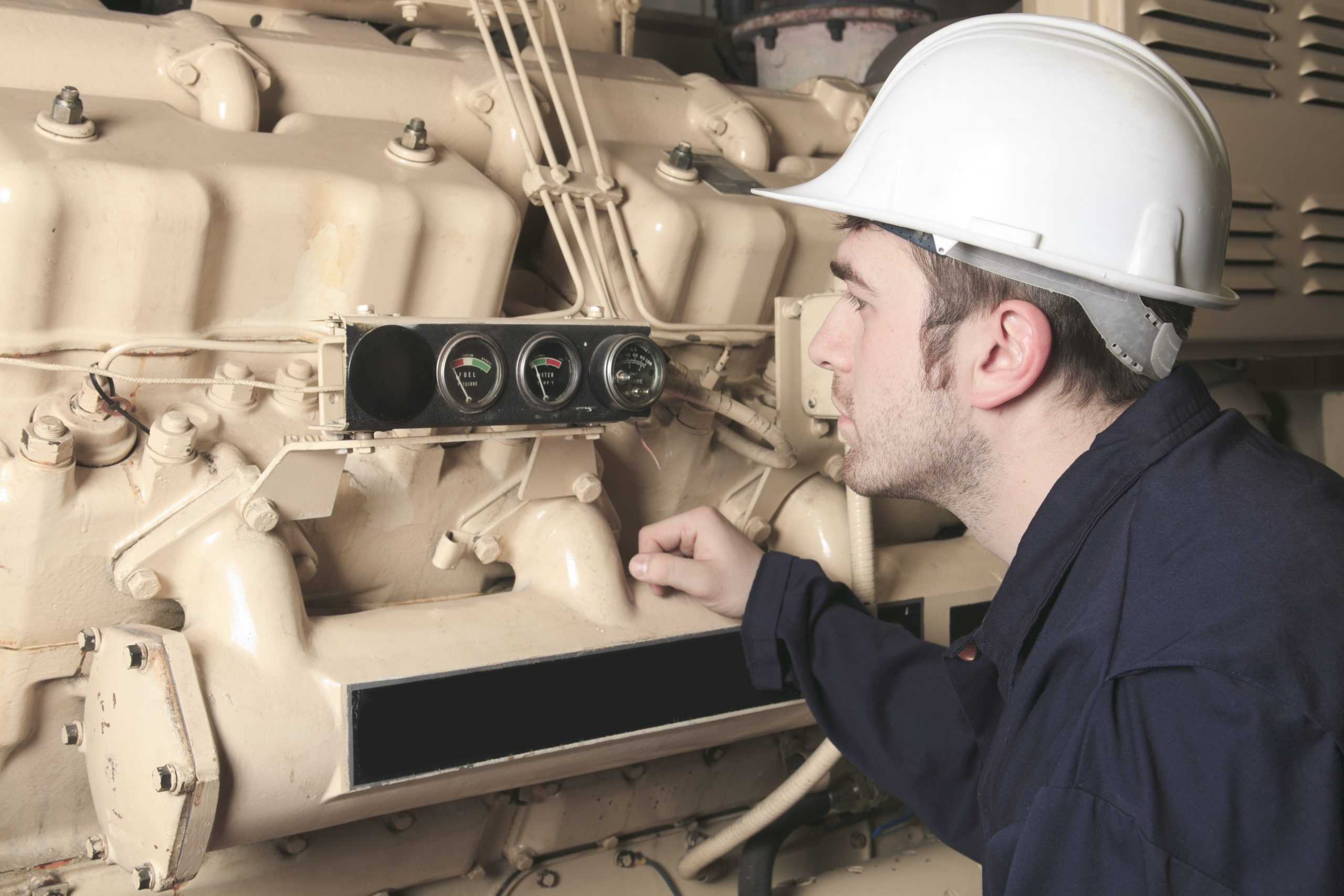The Importance of Maintaining Your Generator
Posted by Kristopher Schwind

Think of maintaining your generator like going to the doctor for your physical. It’s a disruption to your busy schedule, it can be uncomfortable, and let’s face it – it’s not fun. But if you make a regular habit out of it, you will avoid potentially dangerous pitfalls down the road and save yourself a lot of trouble
Safety is Key
Keeping your family safe is your main priority. That is exactly why you need to maintain your generator. If you don’t keep up with the maintenance, you are risking it not working when you need it most. Losing power, especially for prolonged periods of time, can deprive your family of everything from heating and air conditioning, to refrigeration, to your computer’s information.
But that’s just the beginning.
The health risks associated with lack of maintenance are hazardous. Generators produce carbon monoxide, a deadly gas that can lead to carbon monoxide poisoning. Because carbon monoxide is both invisible and odorless, business and building owners should install a carbon monoxide detector in case of rising CO levels. The detector should be tested monthly to ensure it’s running properly.
Generators should never be installed indoors or outside near windows or vents. You should also maintain plenty of airflow space around the generator. The key is to prevent carbon monoxide from coming indoors, where it can lead to exposure through breathing, eating, drinking, or skin contact.
You Get What You Give
Whether you already have a generator, you’re looking to rent one, or you’re considering making your first-time investment, you want your purchase to pay off. That means doing your part of the work for your generator, so that it will work for you.
Maintaining your generator pays off in the long run, making it a sound investment. A well-maintained generator can last from 10,000 to 30,000 hours, which translates into at least 20 years of usage. Keeping your generator maintained will not only give you peace of mind, it will prevent you from making costly emergency calls during power outages.
The Squeaky Wheel Gets the Grease
Your generator needs oil to run, but it’s not going to be a “squeaky wheel” about it. The onus falls on you to make sure your generator’s oil is replaced regularly. While this regular maintenance is best left to the professionals, you should at least understand the basics.
Your generator’s engine is like an automotive engine. Think about driving your car without oil –is that a risk you’d want to take? Absolutely not. Well, it’s the same for your generator. Generators with cooled engines burn through oil quickly, so the oil will need to be replaced regularly, especially if you’re running the generator daily. While you won’t need a full-blown oil change every time you refuel, you are due for a change roughly every 100 hours, which is generally about one year.
Keep in mind that without oil, the generator can seize up after a few consecutive days of working. On the other side of the coin, if the generator is not used on a regular basis, you should start it up at quarterly intervals to make sure it is running smoothly.
By ensuring that your generator receives regular maintenance and avoiding costly mistakes, your generator can safely and reliably serve your family for years to come.
Kristopher Schwind is the proud owner of National Standby Repair.
 24/7 EMERGENCY GENERATOR SERVICE
24/7 EMERGENCY GENERATOR SERVICE REQUEST A QUOTE
REQUEST A QUOTE
 (914) 734-1400
(914) 734-1400